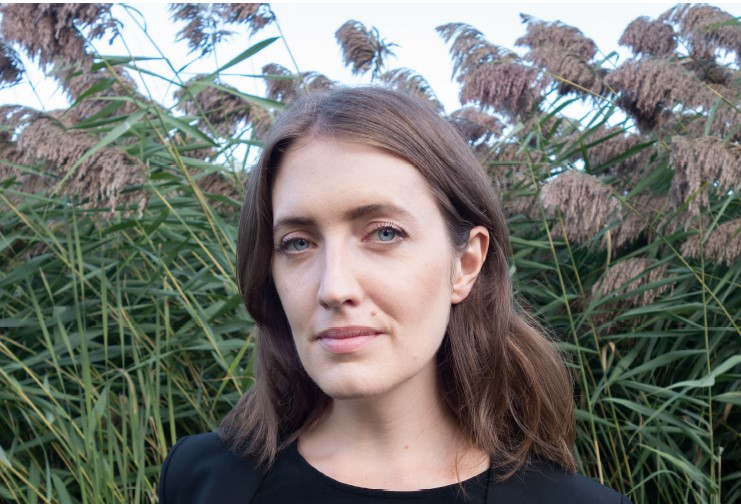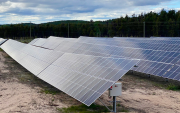Over the last two years, the Pembina Insitute has examined the barriers to gender equity in the energy sector and has proposed solutions to be adopted by the province, federal government and leaders. This series of interviews celebrate women advancing Canada’s transition to a clean economy and offers their insights into the opportunities to make the net-zero future one where all Canadians can participate and lead.
Paisley is an interdisciplinary generalist with a career rooted in research, policy, and community-engagement. Her wide-ranging background serves her well at The Transition Accelerator, where she is helping to create an industry- and labour led coalition to support increased electrification. As an emerging subject matter expert on pathways to Net Zero, she has recently spoken at a wide range of conferences and other events, including the GLOBE Forum and First Nations Major Projects Coalition net-zero conference. She has previously served as an advisor to the premier and justice minister in Alberta and a coordinator for Calgary’s Sled Island Music and Arts Festival.
Why is the energy transition important to you?
The scale and aggressive timeline to reach net zero makes it the most important challenge of our time. I’m focused on contributing to research and collaborations that advance net zero pathways and work across disciplines to reach this goal.
What are the key challenges you’ve faced in your career, and what are your thoughts on their solutions?
I’m fairly early in my career and it has taken a few turns to get into the energy space. I’m a generalist with a background in fine arts, stakeholder engagement, government, project management and public policy. I didn’t expect to be working on grid modernization and electrification, but nothing could be more interesting. The main challenges that I’ve faced are finding opportunities to grow as a policy-thinker and researcher. Finding mentorship along the way has been key. The solution to a problem as multifaceted as the energy transition requires building on diverse competencies and appreciating that we can’t study ourselves out of this problem. Honest collaboration and an embrace of different perspectives is key.
What does a successful energy transition look like to you?
A successful energy transition appreciates people’s inherent resistance to the unknown and shows them pathways to a prosperous and attainable net-zero future.
Lighting Round
What book is on your nightstand?
Death’s End by Liu Cixin (the third book in his Remembrance of Earth's Past series).
What is the proudest accomplishment of your life?
As a first-generation student, I’m proud to have completed a master’s degree at McGill.
If you were granted one wish to make the world a better place, what would it be? Completely removing around 100 parts per million of carbon dioxide from the atmosphere might be a good wish, but I would want to consult a few physicists before snapping my fingers to make that happen.
Describe the future of energy in one word.
Integrated.
This profile also appeared as part of the Women in Energy Transformation Series, a series of four national dialogues co-hosted by the Pembina Institute and GLOBE Series. You can view the rest of the profiles here.
The Pembina Institute also wishes to to thank the McConnell Foundation and Women and Gender Equality for their generous support of Pembina’s ongoing work on advancing gender equity in energy.






